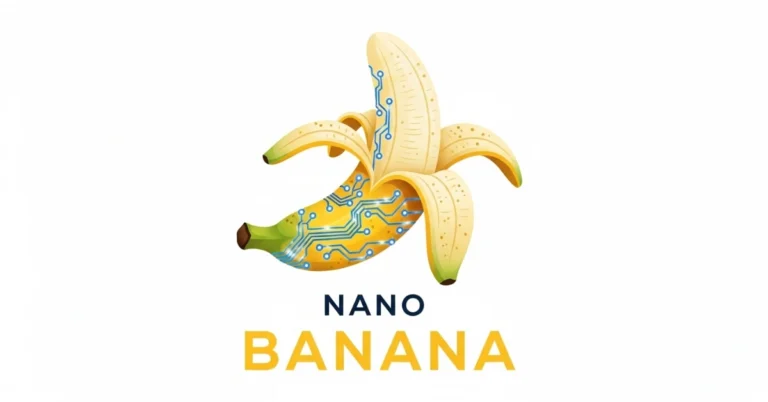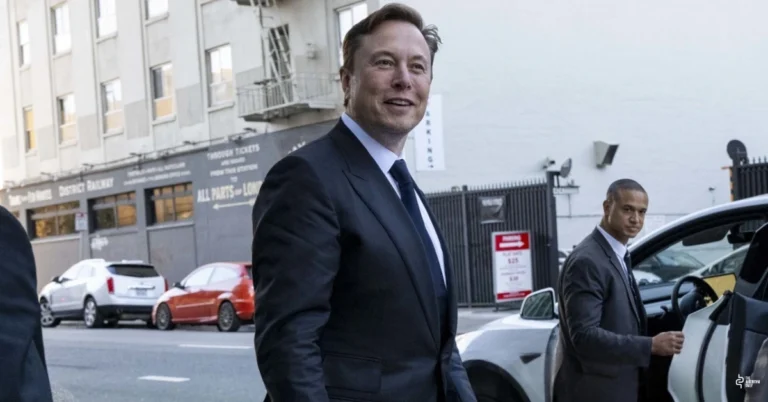In Brooklyn’s Greenpoint neighborhood, a unique art installation called Chat Haus has become a focal point for both tech enthusiasts and curious passersby. Created by artist Nim Ben-Reuven, Chat Haus is a quirky “luxury coworking space” where cardboard robots, controlled by small motors, work on their computers. The robots simulate the actions of AI chatbots typing away at desks, embodying the growing influence of AI in creative industries. The exhibit’s sign humorously lists desk space for $1,999 a month, poking fun at the rise of AI-powered work environments. (Source: TechCrunch)
Ben-Reuven crafted the exhibit to address his frustrations with how AI has begun to replace many of the jobs in his field of graphic design and videography. With the proliferation of AI tools, including those used for creative tasks like design and content generation, Ben-Reuven found himself losing freelance opportunities. Instead of succumbing to bitterness, he channelled his feelings into a light-hearted art piece. While he remains concerned about the impact of AI, he believes it’s a far less pressing issue compared to other global challenges like war and societal trauma.
Chat Haus has garnered attention from all kinds of viewers, including young students and millennial visitors, drawn in by its playful nature. Ben-Reuven aims to keep the exhibit’s tone light and accessible, hoping it will appeal to a wide range of people, regardless of their views on AI. His choice of cardboard as the material for the robots holds a deeper meaning. The fragility of the cardboard serves as a metaphor for how AI, despite its promise, often lacks durability and depth when subjected to real scrutiny. Ben-Reuven compares the allure of AI-generated art to “junk food”—quickly gratifying but ultimately unsustainable.
The exhibit is temporary, set up in the front window of a building awaiting renovation permits. Ben-Reuven hopes to extend the display until at least mid-May, with plans to possibly move it into a larger gallery. While he’s excited to expand the project, he humorously worries about where he will store additional materials once the exhibit ends.
You May Also Like: Ziff Davis Files Lawsuit Against OpenAI for Copyright Infringement
Overall, Chat Haus presents an intriguing commentary on the relationship between AI, creativity, and the impermanence of technology. Ben-Reuven’s cardboard robots symbolize the fleeting nature of AI-driven creations, suggesting that, much like the fragile material of cardboard, AI’s impact on the creative industries may not withstand the test of time.




